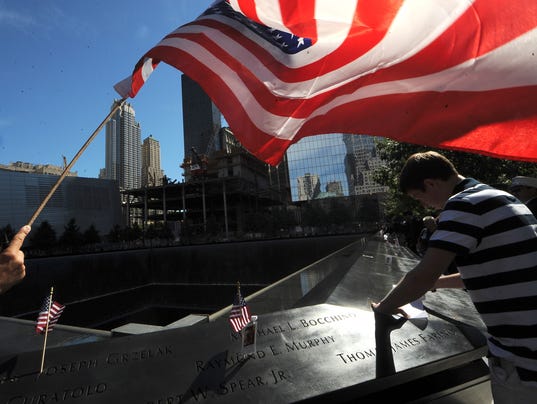U.S. debates security vs. privacy 12 years after 9/11
The search continues for the right balance between counter-terrorism efforts and individual privacy.

DES MOINES, Iowa -- Twelve years after the terrorist attacks of Sept. 11, 2001, and amid a summer of revelations about the extent of the surveillance state built up to prevent others, leaders, experts and average Americans alike are searching for the right balance between security and privacy.
Recent news reports have uncovered programs within the U.S. National Security Agency to collect and analyze Internet and communication data generated by millions of Americans.
They illustrate in never-before-known detail the extent to which innocent civilians are caught up in the dragnet for international terrorists.
Disclosure of such clandestine operations — with spy-novel names like "Prism" and "XKeyscore" — has sparked a "fundamental change" in the debate over civil liberties and national security, one observer says. At the same time, public support for anti-terrorism efforts remains strong, proving once again the long shadow of the Sept. 11 attacks that killed nearly 3,000 Americans in New York, Washington, D.C., and Pennsylvania.
"If something is being done without our knowledge that truly is to protect us as citizens of the United States, then I'm more forgiving of that," said Robert Ford, a playwright and composer from Des Moines. "But I don't like the idea that the government, or any entity, has the ability to intentionally snoop into our private lives."



Comments
Post a Comment